Famine looms in Gaza and nowhere is safe for civilians
Nine months on and civilians continue to pay the highest price. Famine looms and there is nowhere safe to go.
Read more
Myanmar and Thailand earthquake: latest news and updates
By British Red Cross
Find out the latest news and updates following a 7.7 magnitude earthquake that struck Myanmar and affected the wider region.
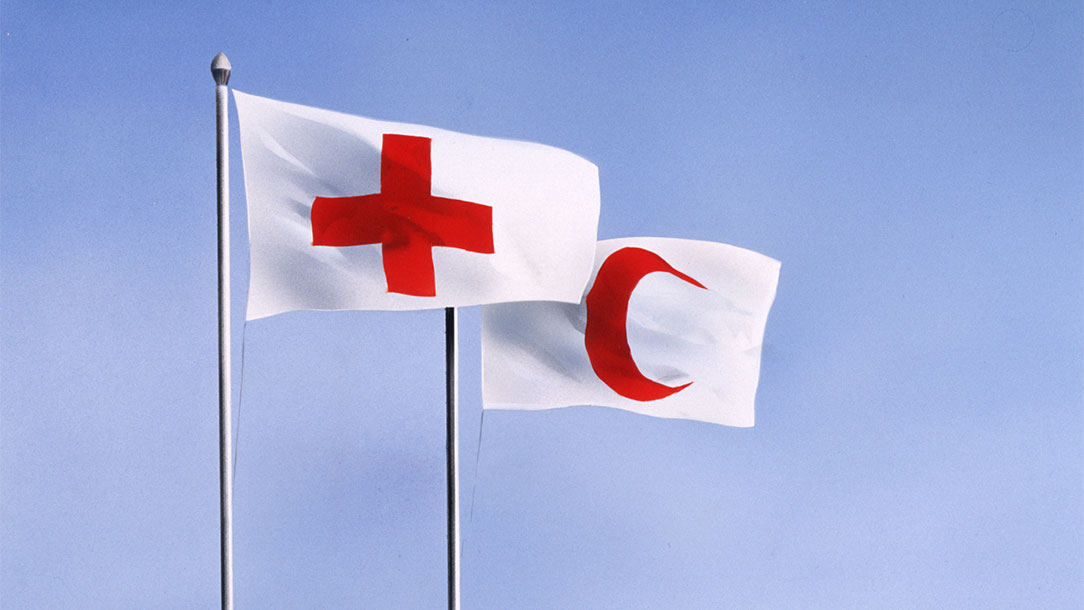
What is the Red Cross doing to help hostages in Gaza?
By British Red Cross
As a neutral intermediary, the International Committee of the Red Cross plays an important practical role once the release of hostages has been agreed.
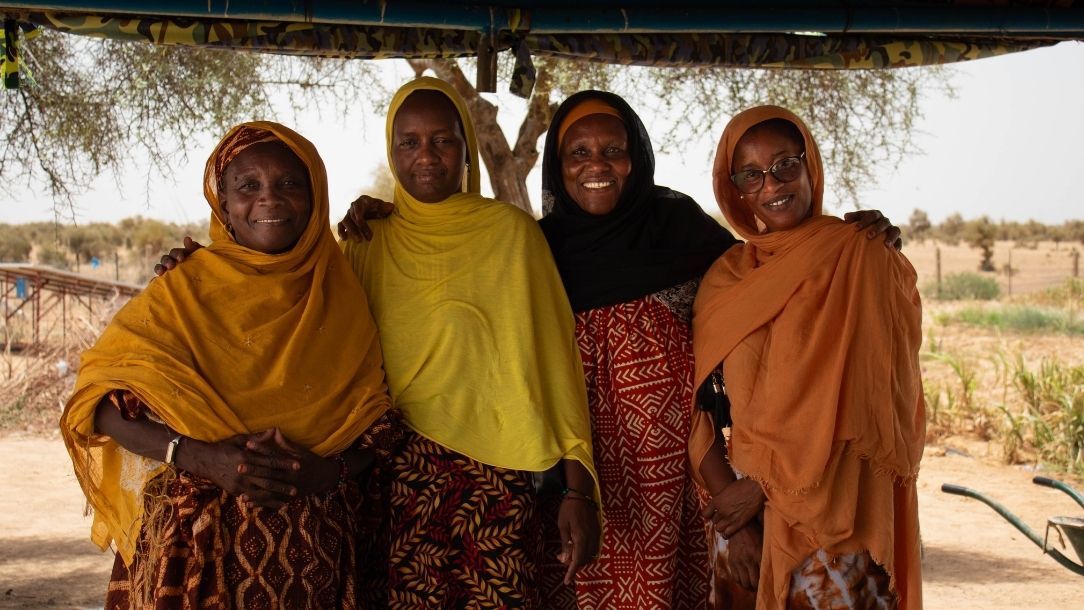
Red Cross reasons to be hopeful about climate change
By British Red Cross
The effects of climate change are happening now, and we have to adapt. But Red Cross projects helping people adjust to climate change, and arereason for hope.
Climate change: why the time is now
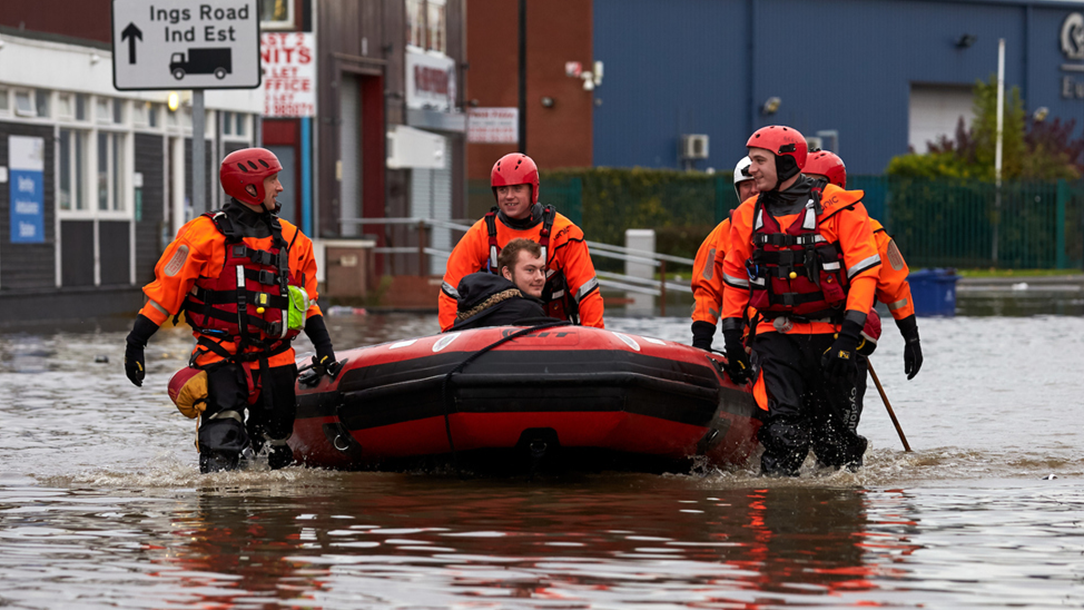
Our commitment to climate change
People are feeling the impact of climate change now, and humanitarian needs are increasing day by day.
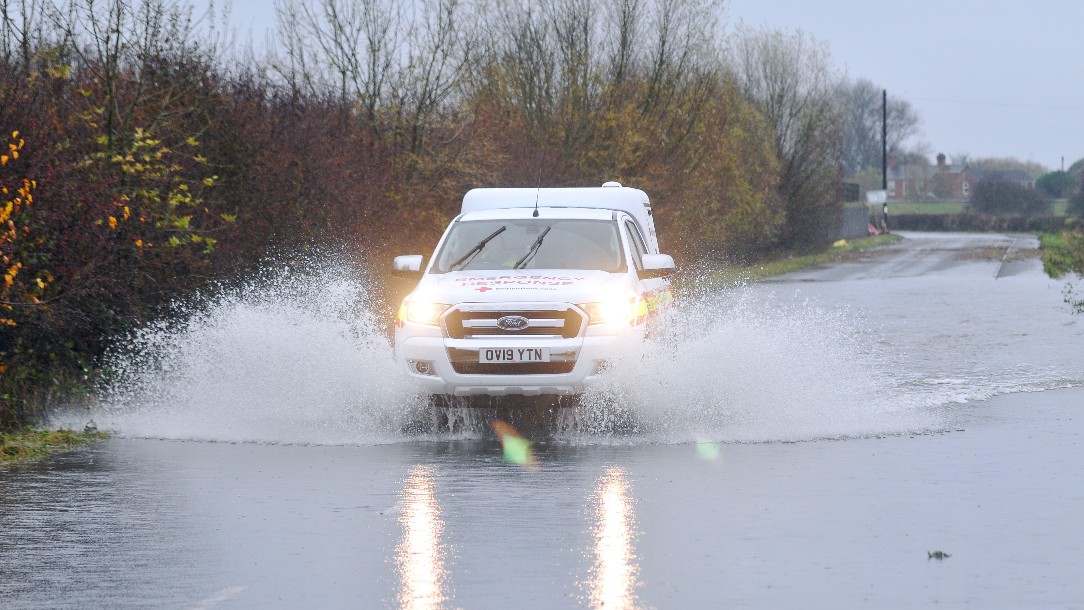
Are extreme weather events becoming more frequent?
The Met Office’s senior climate scientist Nikos Christidis explains the link between extreme weather events and climate change
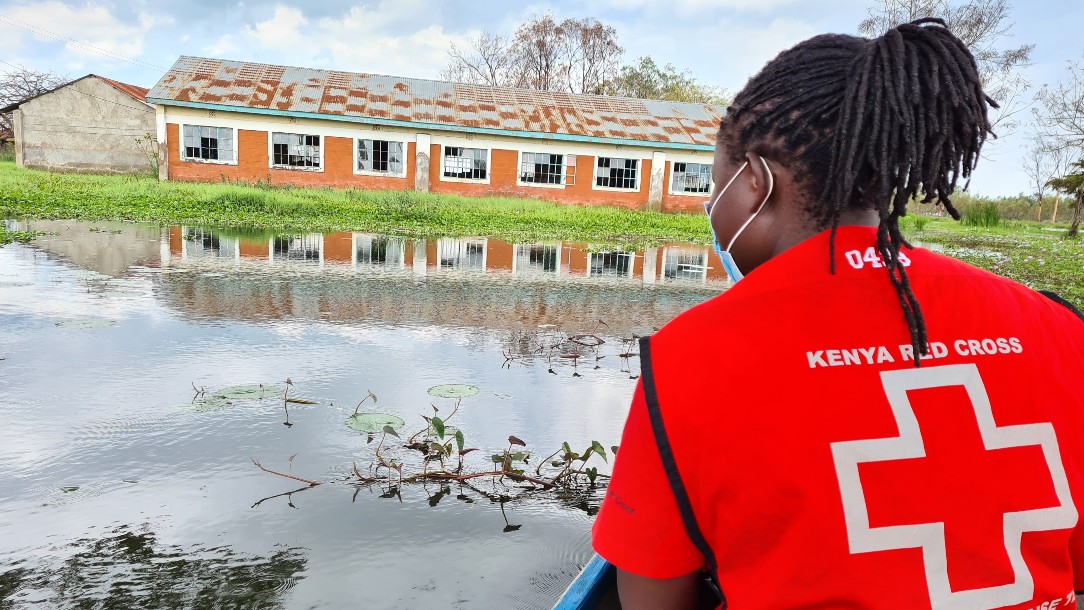
"African voices must be heard at COP26"
Dr Asha Mohammed, Secretary General of the Kenyan Red Cross, on why communities on the frontline of climate change must be heard
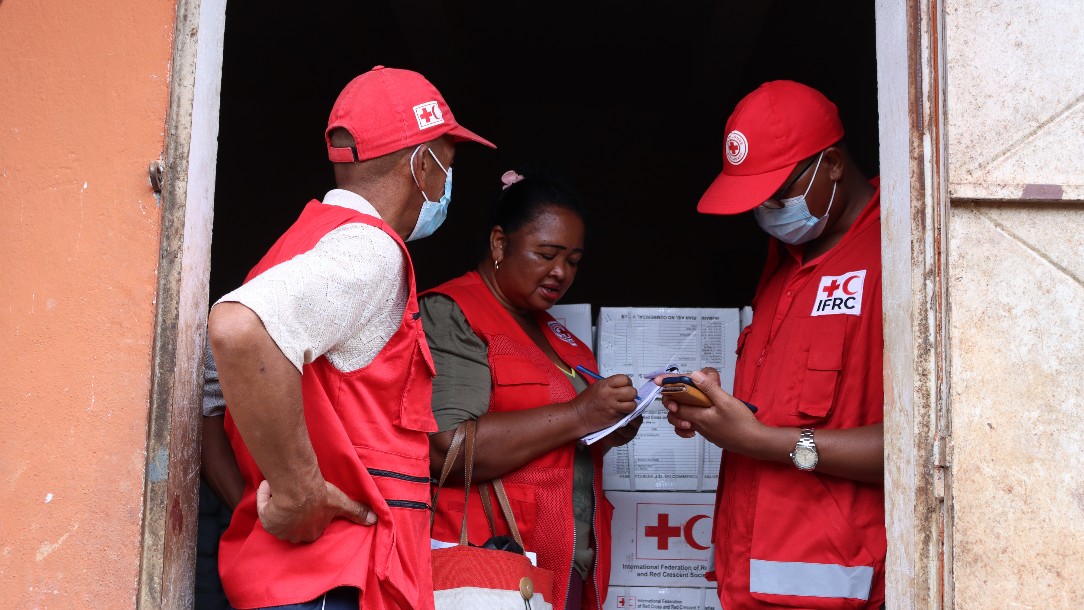
Madagascar: The aftermath of Cyclone Batsirai
By British Red Cross
Thousands of people in Madagascar had to flee their homes in the wake of Cyclone Batsirai. The Red Cross is helping with emergency shelter, cash grants, supplies and clean water.
Our Disaster Fund
From supporting people affected by an earthquake to people fleeing conflict and food crisis in Sudan, donations to our Disaster Fund ensure the Red Cross can be there for those who have nowhere else to turn.
DONATE


